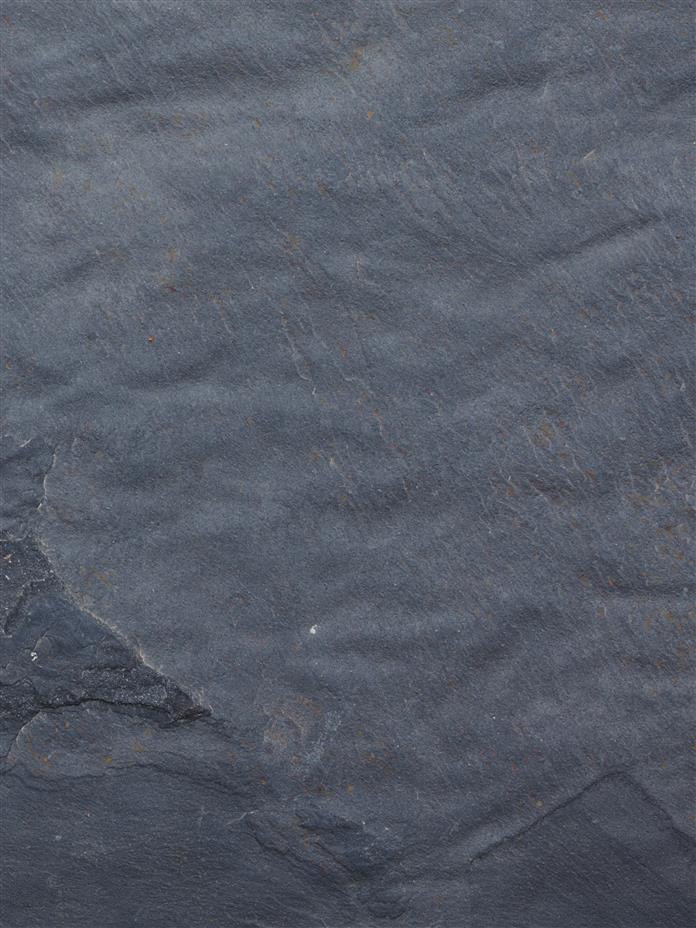
Tap to Read ➤
Scratchy Throat: Causes, Symptoms, and Remedies
Kanika Khara


A scratchy throat is a common disorder which occurs due to inflammation of the throat or lungs. In this HolisticZine article, we examine the causes, effects, and remedies for a scratchy throat.




A scratchy throat may occur due to a number of causes. Being more common in children, it mostly occurs due to bacterial or viral infections, allergies, weather change, etc. It is usually an early indicator of the onset of a cold or viral infection. However, it may also be triggered by a number of other events and causes.

In the following sections, we first look at the typical causes of a scratchy throat, and then examine its symptoms, followed by the home remedies that you can use to minimize the effects.

Causes
- Allergies: Dust, pollen grains, molds, pet hair, etc., are some common allergens or irritants that cause a scratchy throat and cough in many people and lead to symptoms like sneezing, dry cough, nasal congestion, strep throat, headaches and watery eyes.

- Influenza: Another cause is influenza, also known as seasonal flu, caused by either influenza A or B viruses. The virus primarily invades the nose, throat and lungs, and causes sore throat, runny nose, dry cough and high fever.

- Common Cold: Common cold, a contagious, viral infectious disease of the upper respiratory system. Usually accompanied by running nose and sneezing, it may cause sinus infection which further leads to a strep throat.

- Air Pollution: Contamination of the atmosphere due to the presence of harmful gases and chemicals that lead to air pollution, causes irritation or congestion in the throat or lungs in many people.
- Other Factors: Smoking, alcohol, spicy foods, straining of vocal cords, or a throat surgery, are some other causes.

Symptoms
- Headaches - mild to intense
- Muscle aches and pains - moderate to intense
- Fever
- Pain in the throat
- Itching and burning sensation in the throat
- Fatigue

- Difficulty in breathing
- Painful swallowing
- Loss of appetite
- Severe sore throat
- Dry Cough - mild to moderate
- Nasal discharge - usually clear but can be yellow or green
- Stuffy nose and sneezing
- Irritated eyes - itchy and watery
Remedies
- Gargling daily with hot saline water 3 - 4 times a day, is not only the oldest but the best remedy that reduces the throat infection or inflammation, and also cures swollen tonsils.
- Drinking warm ginger and honey tea 2 - 3 times a day is also an effective way of treating a scratchy throat. To make this tea, boil water, add tea and few pieces of freshly cut ginger roots. Bring it to boil, drain it in a cup and then put honey and lemon juice for taste.
- Over-the-counter cough syrups or medications are also effective in providing instant relief from pain and irritation. Though some of these cough syrups may cause drowsiness or dizziness, it advisable to have them before going to bed.
- This is another simple yet effective remedy. In this, take one cup of milk and add one tsp of turmeric powder, bring it to boil and drink before going to sleep.
- Coltsfoot, a perennial herb that functions as an expectorant, helps in spitting out the cough and reducing the urge of coughing. Drinking tea with two tsp of coltsfoot and one cup of water 3 - 4 times daily, will surely help curing a scratchy throat at night.
- Myrrh is an antimicrobial with anti-inflammatory and analgesic properties that helps in comforting the mucous membranes. Adding half a tsp of Myrrh to 2 cups of hot water, gargling and then swallowing the solution 3 - 4 times a day will not only relieve the throat discomfort but also help in coughing up phlegm.
Your browser doesn't support HTML5 video.
Drinking pineapple juice blended with pieces of ginger root or carrot concoction, increasing vitamin C intake, inhaling steam, avoiding spicy or oily food, etc., are some other ways to treat a scratchy throat. However, if the aforementioned remedies bring no relief or comfort, and with time, the symptoms worsen, it's recommended to consult a doctor to determine the underlying cause, and for further necessary medications.
Fractal Abstract